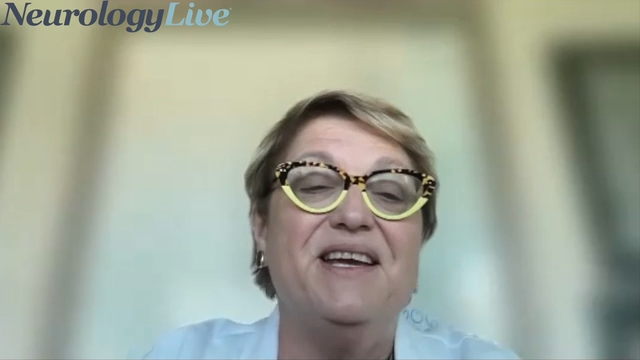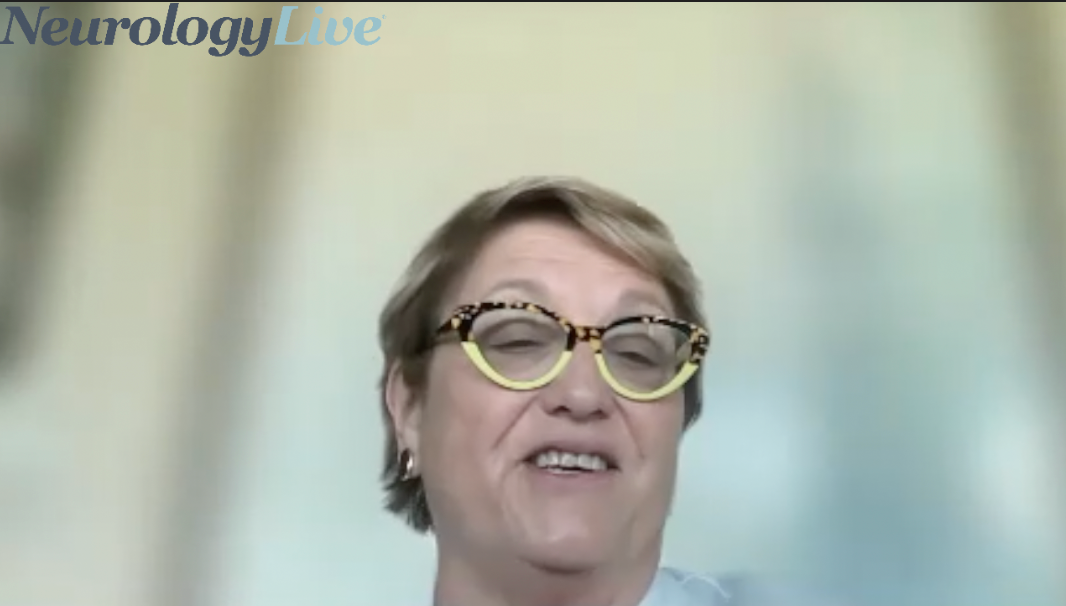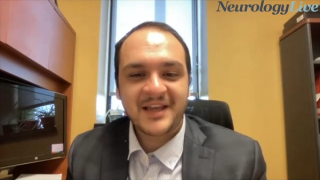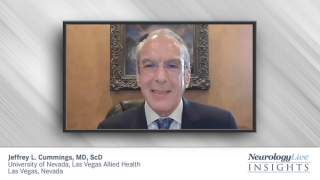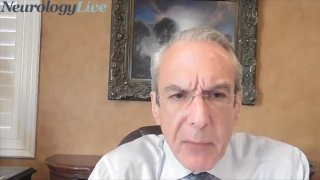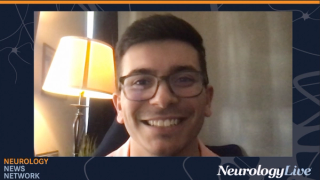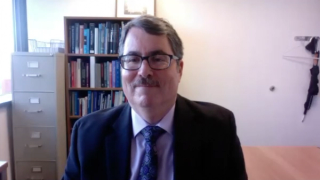
Dementia and Alzheimer Disease
Latest News


Dosing Commences in Phase 2 Study of CT1812 in Dementia With Lewy Bodies
Latest Videos

CME Content
More News

Test your neurology knowledge with NeurologyLive®'s weekly quiz series, featuring questions on a variety of clinical and historical neurology topics. This week's topic is neuromuscular disorders.
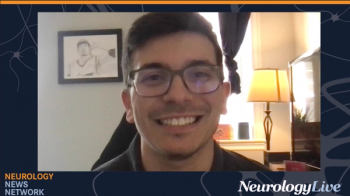
Neurology News Network for the week ending July 16, 2022. [WATCH TIME: 4 minutes]

Take 5 minutes to catch up on NeurologyLive®'s highlights from the week ending July 15, 2022.

The director of the John P. Hussman Institute for Human Genomics at the University of Miami provided insight on the outlook on genetics and gene-based therapies for Alzheimer disease. [WATCH TIME: 3 minutes]

In a meta-analysis spanning 10 studies of 1300 patients with Alzheimer disease, global cognition, as measured by the Mini-Mental State Examination or ADAS-Cog, was improved using noradrenergic drugs.

In comparison with controls, there were no significant differences in MRI volumes, amyloid-ß or tau accumulation, nor in most longitudinal measures among those with traumatic brain injury and/or PTSD.

The risk of developing Alzheimer disease and related dementias decreased gradually with increasing scores in a dose-response manner on a model geared toward identifying healthy lifestyle factors.

Here's what is coming soon to NeurologyLive®.

Test your neurology knowledge with NeurologyLive®'s weekly quiz series, featuring questions on a variety of clinical and historical neurology topics. This week's topic is stroke and cerebrovascular disease.
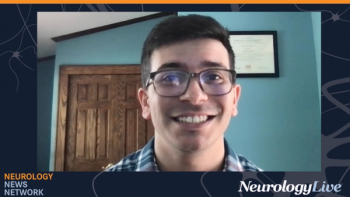
Neurology News Network for the week ending July 9, 2022. [WATCH TIME: 4 minutes]

Those with the common thyroid disorder displayed a more than 80% increased risk of dementia, with a more than 3-fold increase in the risk among those requiring hormone replacement therapy.

Take 5 minutes to catch up on NeurologyLive®'s highlights from the week ending July 8, 2022.

Ruth Benca, MD, PhD, a professor and the chair of Psychiatry & Human Behavior at Wake Forest School of Medicine, provided insight on the age- and sex-related differences in sleep disorders, and the needed research on the effects of therapeutics in older populations.
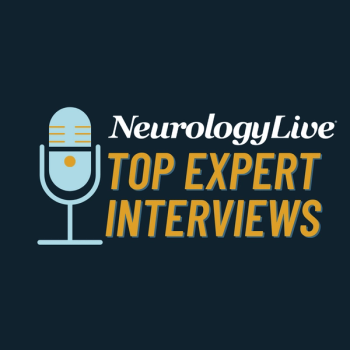
Expert clinicians offer their insight on the sleep disorder landscape, the state of mental health in pediatric migraine, an inaugural movement disorders congress, a novel stroke rehabilitation tool, and psychedelics in cluster headache.

In addition to filing under the accelerated approval pathway, Eisai will submit for a traditional approval of lecenamab before the end of the first quarter of 2023, seeking an indication for mild cognitive impairment because of Alzheimer disease.

Catch up on any of the neurology news headlines you may have missed over the course of the last month, compiled all into one place by the NeurologyLive® team.

Here's what is coming soon to NeurologyLive®.

Using a large-scale bank of participants, investigators found an association between Alzheimer disease polygenetic risk score and depression, which was not explained by presence of APOE ε4 allele.

Test your neurology knowledge with NeurologyLive®'s weekly quiz series, featuring questions on a variety of clinical and historical neurology topics. This week's topic is epilepsy and seizure disorders.

Take 5 minutes to catch up on NeurologyLive®'s highlights from the week ending July 1, 2022.

Over a 12-week treatment period, brexpiprazole demonstrated statistically significant improvements on the primary and secondary end points compared with placebo.

Among a large cohort of outpatient and inpatient individuals, the risk of Alzheimer disease, Parkinson disease, ischemic stroke, and intracerebral hemorrhage were all elevated after infection, with stroke risk increased compared with other respiratory infections.

Net improvement of 1 grade or more on Extended Glasgow Outcome Scale was observed in 30.4% of the surgical group compared with 14.5% of those on standard medical care.

Here's what is coming soon to NeurologyLive®.

Test your neurology knowledge with NeurologyLive®'s weekly quiz series, featuring questions on a variety of clinical and historical neurology topics. This week's topic is Alzheimer disease and dementia.

